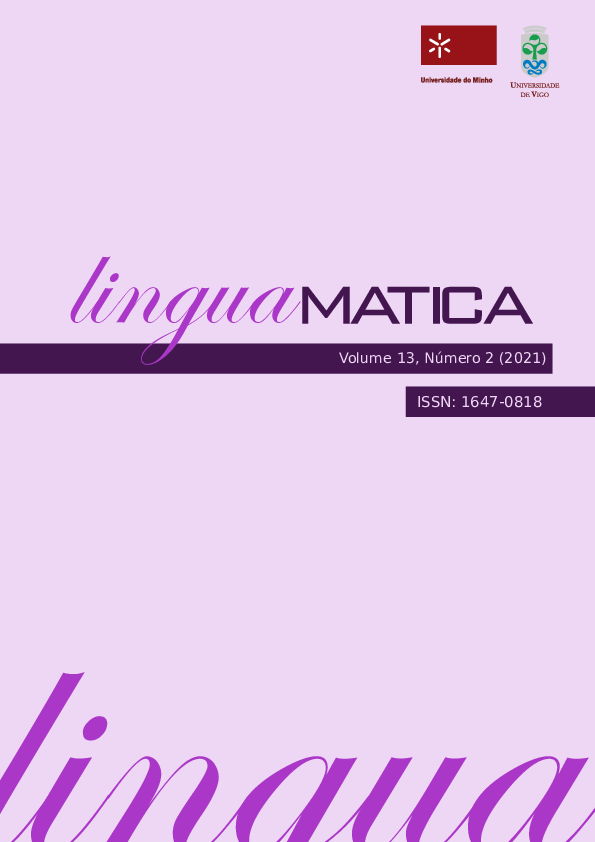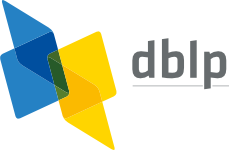AIA-BDE: a corpus of Portuguese Questions, Variations and other Annotations
Abstract
We present the AIA-BDE corpus, which has as main goal the evaluation of computational systems that attempt at assigning questions with known answers (i.e., FAQs) to information needs, expressed in natural language. This corpus includes several questions in the domain of the Portuguese Public Administration and their answers. To 855 of those questions, alternative ways of making them were manually and automatically added. We call them variations and they can be used in the simulation of human user interactions. Such questions are classified according to their source, with four possible values, and have also a question type, based on the opinion of five human annotators. Besides presenting AIA-BDE, we illustrate how it can be used through three experiments, with results that might be seen as the baselines for future improvements, namely: variation assignment to the original questions; automatic automatic identification of the questions according to their source; and automatic classification of the questions according to their type.
Copyright (c) 2021 Hugo Gonçalo Oliveira, Ana Alves

This work is licensed under a Creative Commons Attribution 4.0 International License.
Authors who publish with this journal agree to the following terms:
- Authors retain copyright and grant the journal right of first publication with the work simultaneously licensed under a Creative Commons Attribution License that allows others to share the work with an acknowledgement of the work's authorship and initial publication in this journal.
- Authors are able to enter into separate, additional contractual arrangements for the non-exclusive distribution of the journal's published version of the work (e.g., post it to an institutional repository or publish it in a book), with an acknowledgement of its initial publication in this journal.
- Authors are permitted and encouraged to post their work online (e.g., in institutional repositories or on their website) prior to and during the submission process, as it can lead to productive exchanges, as well as earlier and greater citation of published work (See The Effect of Open Access).













